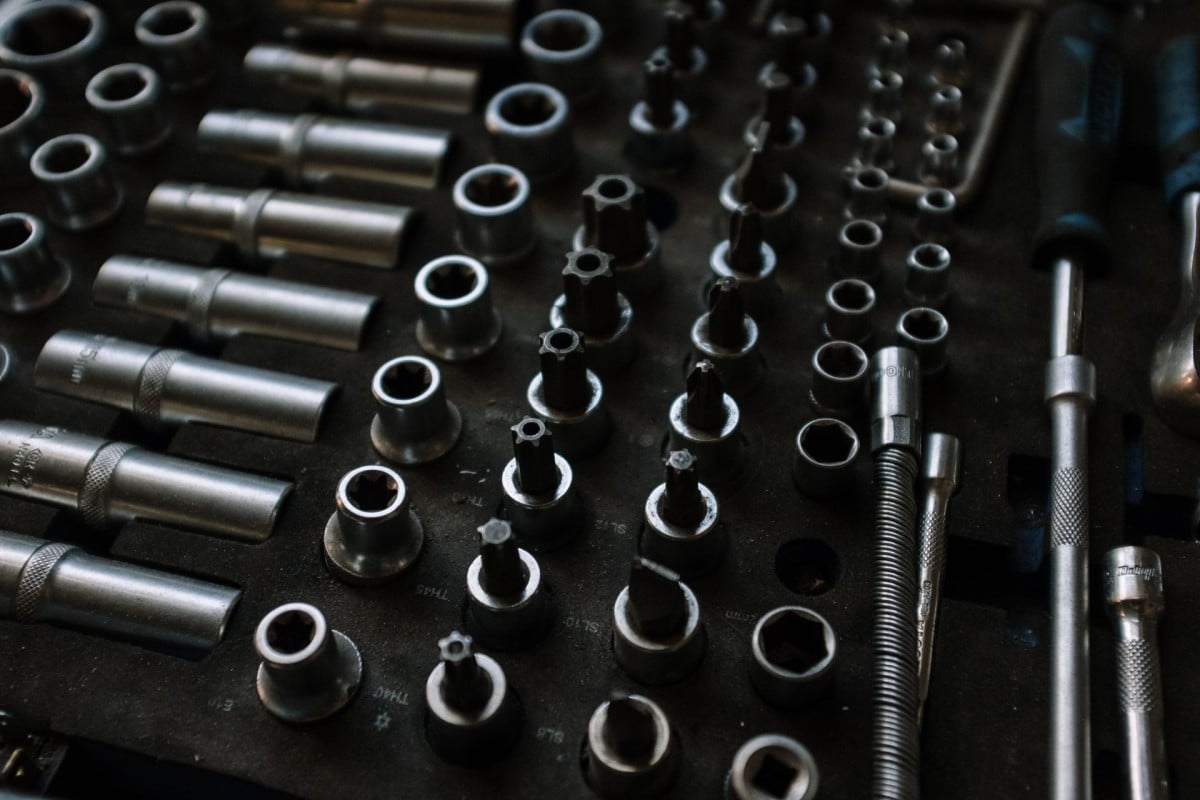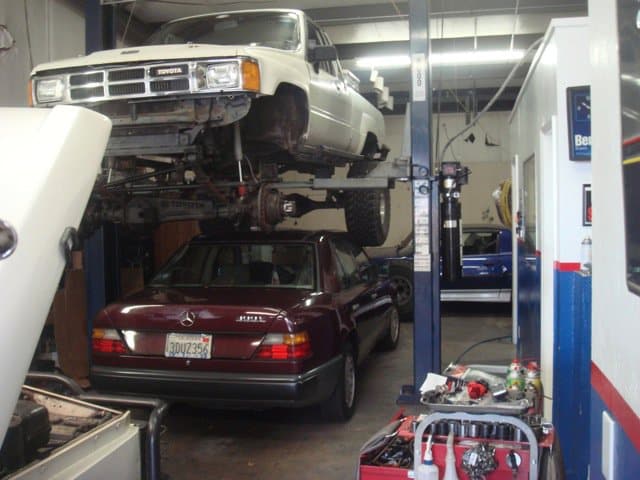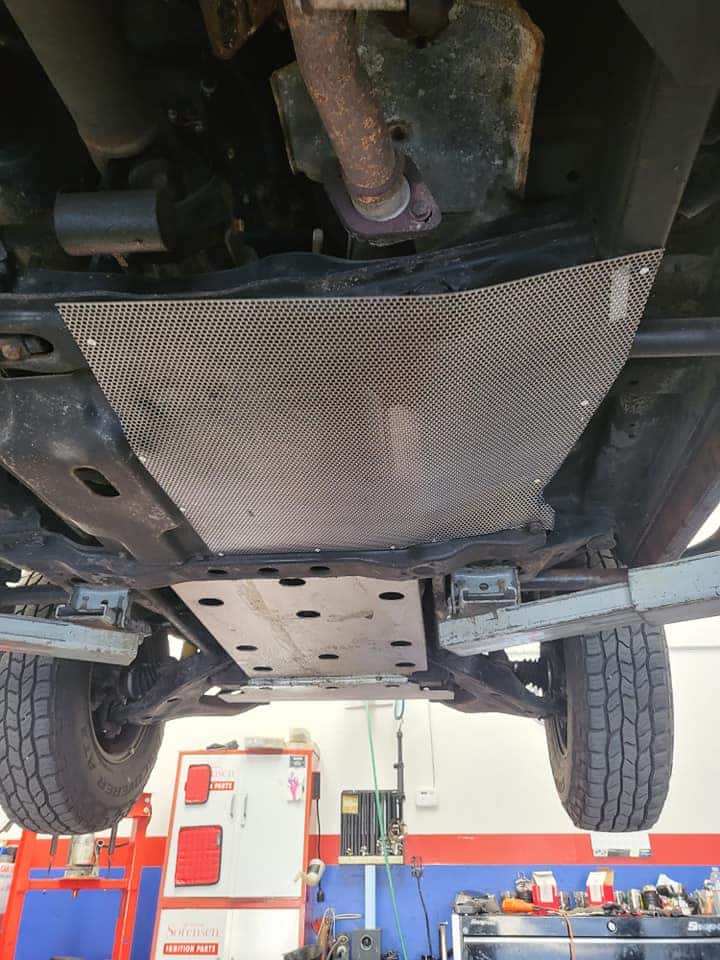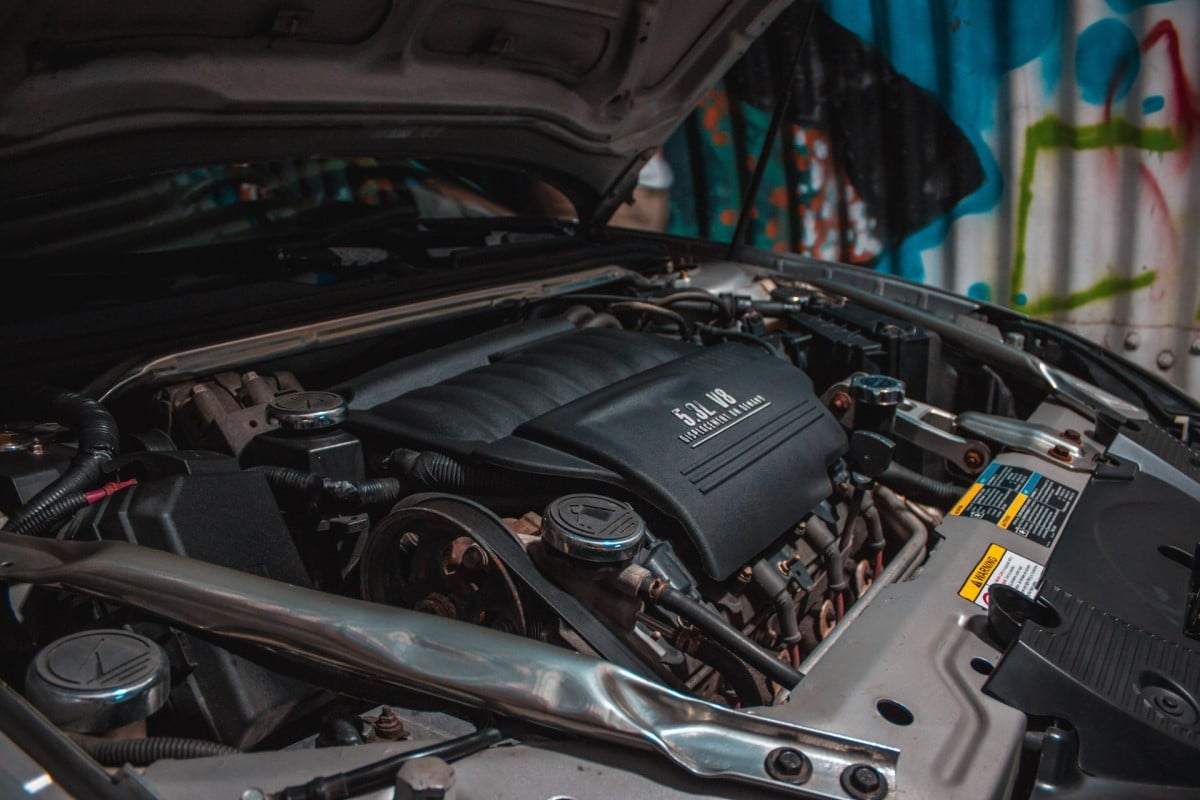Let's cut to the chase. If you're like most car owners, you want your ride to last as long as possible. And if you're like most car owners, you're also likely confused about how often you should be changing your car's engine oil. So, let's clear up some of that confusion and get straight to the point.
The Importance of Regular Oil Changes
Regular oil changes are the heartbeat of your car engine. In simpler terms, they're as crucial to your engine as water is to your body. The oil lubricates your engine, reducing friction and keeping it cool. Over time, the oil breaks down and can't do its job as effectively. That's when you need an oil change. If you skip it, you're inviting problems.
Manufacturer’s Recommendation vs Real Life
Car manufacturers often recommend an oil change every 7,500 to 10,000 miles. However, that’s under ideal driving conditions. In reality, most of us are driving under “severe service” conditions. This includes frequent short trips (less than 5 miles), extreme temperatures, and stop-and-go traffic. If any of these sound familiar, a more frequent oil change, say every 3,000 to 5,000 miles, would be more appropriate.
The Type of Oil Matters
The type of oil you use also has a big impact on the frequency of oil changes. Conventional oil, for example, requires changes every 3,000 miles or so. Synthetic oil, on the other hand, can last between 7,500 and 10,000 miles. The latter is more expensive, but you'll be changing oil less frequently, so the cost pretty much evens out.
Stay Tuned to Your Engine’s Needs
Above all, listen to your car. Modern cars often have oil-life monitors that tell you when you need an oil change. They're not perfect, but they're a good guide. If your car doesn’t have this feature, check your oil manually. If it's dark and dirty, it's time for a change. Also, if you notice a drop in gas mileage, weird engine noises, or the check engine light comes on, get your car checked out. These signs could indicate that your engine oil is not doing its job.
Regular oil changes can seem like a hassle, but they're a necessary part of car ownership. Treat your car well, and it will return the favor by running smoothly and efficiently for years to come. And remember, not all oil changes are created equal. The quality of the service matters as much as the frequency.
So, when it's time for your next oil change, bring your car to the place that knows how to treat it right. With their state-of-the-art equipment and skilled mechanics, you can trust Sartorial Auto Repairs to take care of your car as if it were their own. After all, a well-maintained engine is the key to a long-lasting car. Let Sartorial Auto Repairs help you unlock that longevity.












